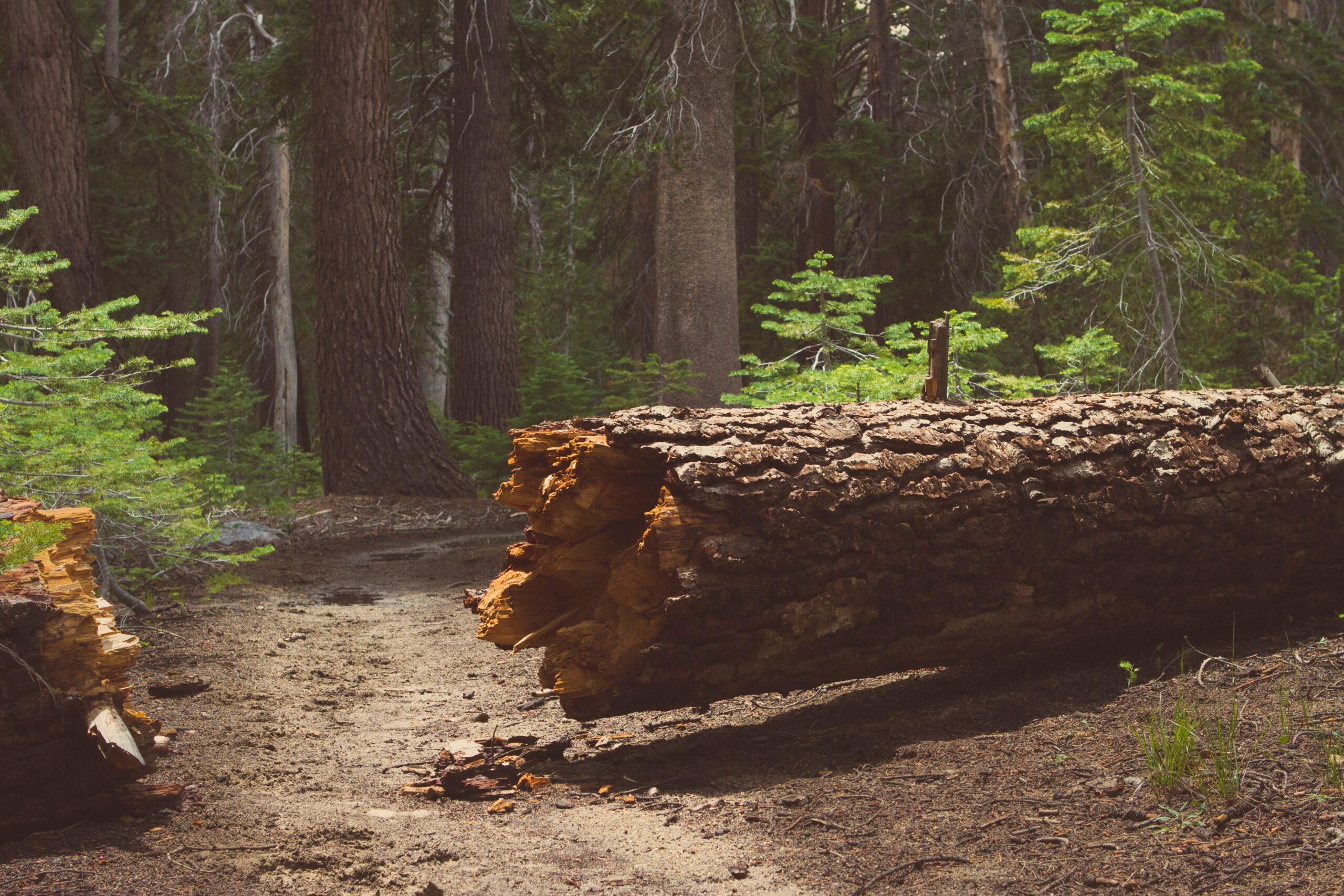French philosopher Simone Weil once referred to the entire Western World as plagued by “the disease of uprootedness.” What he was referring to was something rather profound – white folks’ disconnection from our ethnicities, cultures, traditions, and ancestral roots. In our uprooted culture, our heritage has been overshadowed by a false sense of unity based on nothing more than skin color and privilege. We must begin to critically examine the impact of uprootedness on our society and the urgent need to redefine our collective identity.
Spreading the Disease
Our uprooted culture has effectively erased our connection to our past beyond a skewed and bias narrative of conquest and supremacy. However, it’s not simply white people that are affected. As western culture encounters other cultures, the “disease of uprootedness” quickly begins to spread, subjecting them to the same neurotic values and systems that define our society. And while this disease spreads under the guise of democracy and prosperity, as these other cultures begin to take on western values, many become stripped of their connections to the land, their stories, and even their beliefs and values.
The Internal Toll
Beyond the harm inflicted upon countless others, our “uprooted culture” takes a significant toll on our own mental, emotional, and spiritual well-being. Our obsession with more (i.e. doing more, having more, being more) breeds a culture of toxic competition, leaving us feeling drained, disconnected from one another, and constantly unfulfilled.
Why can’t we simply just push back, or even just refuse to be uprooted? Unfortunately, it’s not that simple. Choosing to divest from the competition-driven culture that we live in often comes at a heavy cost. It is like a tree trying to stand against a bulldozer. Those who resist are usually ostracized, shunned, or even silenced – often finding themselves on the margins, and struggling to adapt.
Laying Down Roots
If we truly want to heal and reclaim our identities, we must begin to challenge the narrative of conquest and supremacy. We must find ways to put down roots in our communities and embrace a path of connection and cooperation. But we must start by first simply acknowledging the harm caused by our uprootedness. Only then can we can begin to heal, and to become a part of a more collective and sustainable society that thrives on cooperation rather than competition.
david
Related Posts
- 1 year ago
- 1 year ago
- 1 year ago
- 2 years ago




